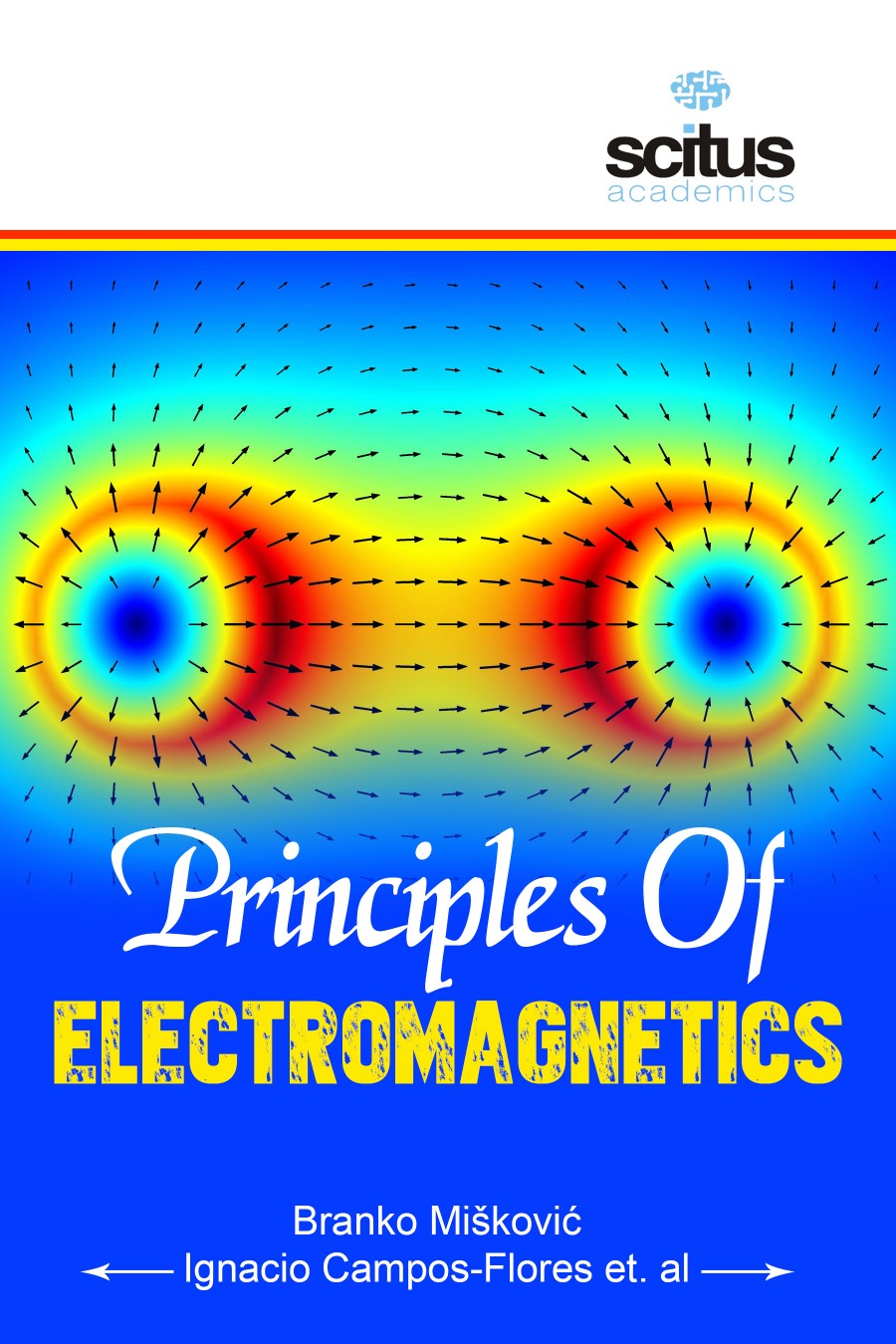Electromagnetics is of essential importance to physicists and to electrical and computer engineers. Electromagnetic theory is vital in understanding electromechanical energy conversion devices, transmission and utilization, communication systems, RF/microwave devices, optical fiber communication, antennas, remote sensing, radio astronomy, and electromagnetic compatibility. The study of EM is indispensable to understanding the properties of light, its propagation through tissue, scattering and absorption effects, and changes in the state of polarization. In fact, the study of electromagnetics is fundamental to the progression of electrical and computer engineering technology as we continue to push the envelope of the ultra-complex and the ultra-fast. Maxwell’s equations govern the physics of electromagnetic wave phenomena from dc to light, and their accurate solution is essential to understand all high-speed signal effects, whether electronic or optical. Students who well understand the basis of electromagnetic phenomena are well-equipped to attack a broad spectrum of important problems to advance electrical and computer engineering and to directly benefit the society.
This book entitled Principles of Electromagnetics is intended to provide principles and innovative developments in the field of electromagnetics. The few basic concepts covered are central to electromagnetics. These concepts include conservation of energy, power, and charge, and the notion of a photon, which conveys one quantum of electromagnetic energy. In addition, Newton’s laws characterize the kinematics of charged particles and objects influenced by electromagnetic fields. It presents deeper understanding and greater effectiveness in theory analysis, testing, numerical calculation and engineering application those relevant electromagnetic fields.













